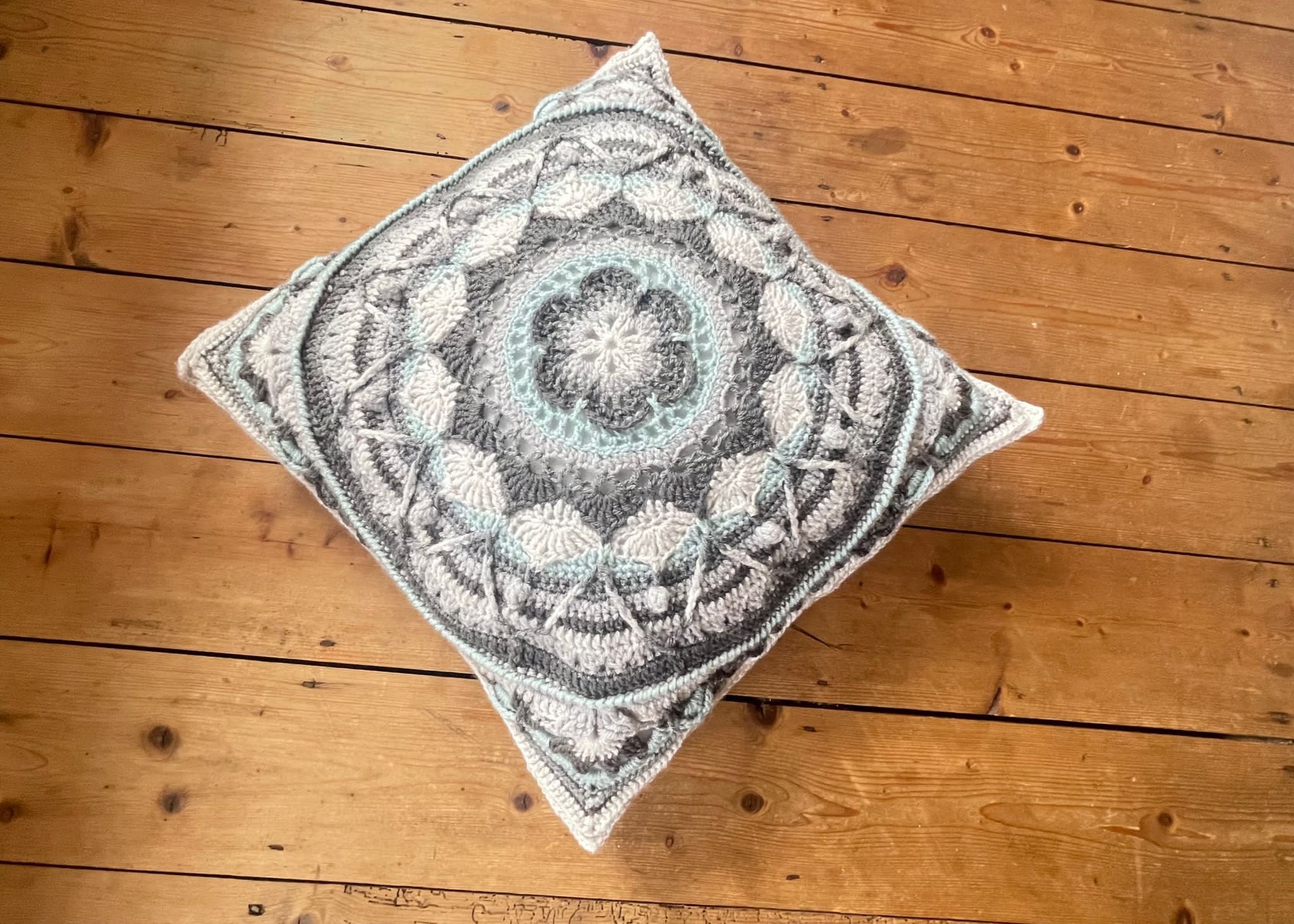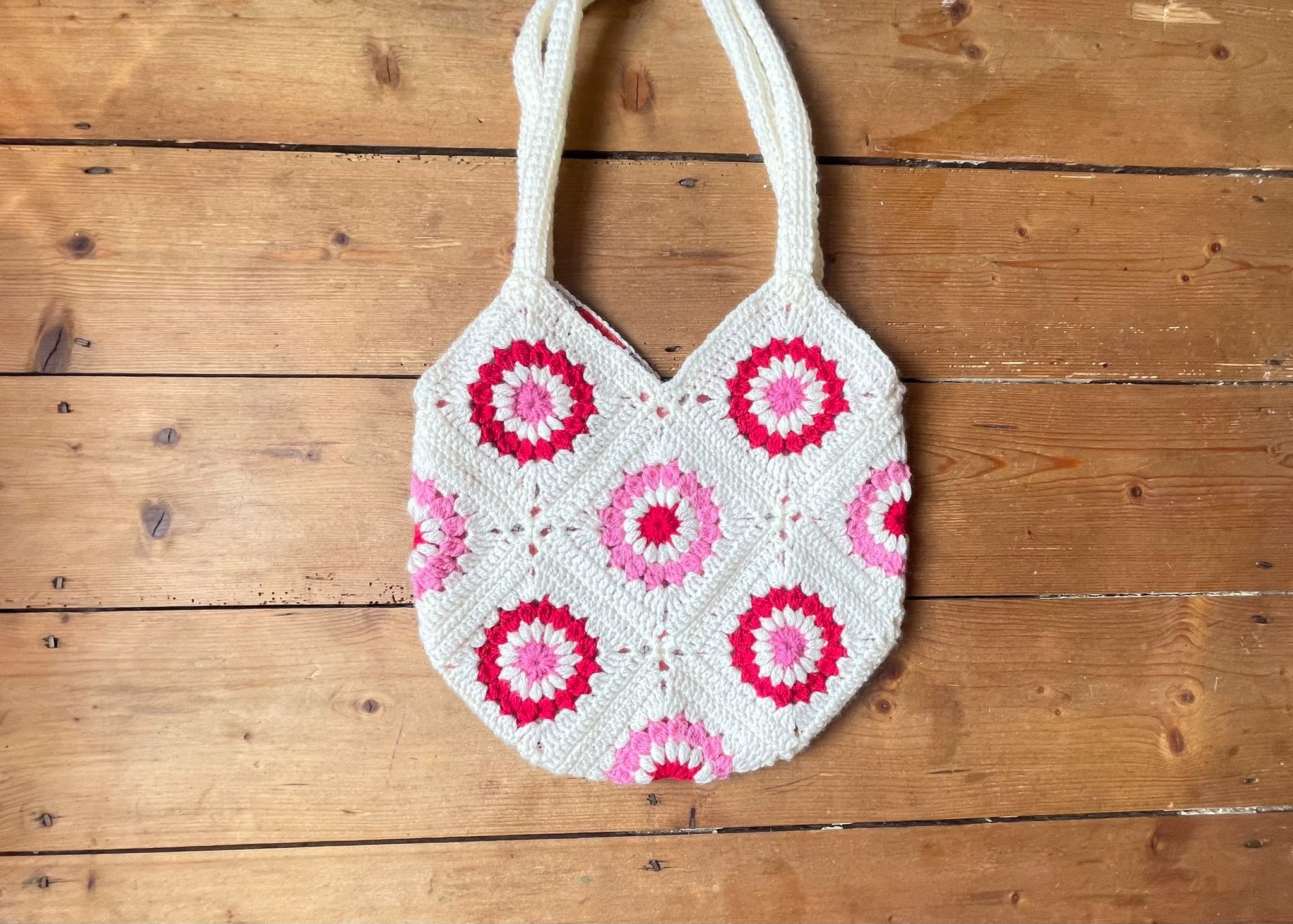What’s the difference between dealing with life’s challenges when you’re stressed, compared to when you’re not stressed? It depends.
We all feel stressed from time to time, at work or in our personal lives. Stress is a natural reaction in response to a challenge, difficult situation or event. It can come and go naturally – and most of the time it does just that. I find that a bit of stress is helpful - even motivational. It’s the high energy feeling that you get which helps you get through a difficult time, demanding work schedule or just meeting that important deadline. Stress can help with creative thinking - necessity being the mother of invention when your back is against the wall. And when you’ve achieved what you set out to do, the post-stress sense of accomplishment soon gets you back on an even keel and can inspire you to do things differently next time. But stress can also be challenging, usually because the period of stress is intense, prolonged or both.
We’re all different. We can respond similarly, or completely differently, when faced with the same challenge or situation. However, what we do know from research is that prolonged periods of stress can increase our risk of depression or anxiety significantly. That doesn’t mean we will get ill. It does however mean it’s important that we address negative stress to be sure we don’t. That’s why it’s so important to be in tune with what is your own ‘good stress’ level, and what isn’t. And to also be in tune with the signs of heightened stress of others.
Stress can be a combination of work and personal issues. Workplace stress needs to be actively managed, by the individual and the manager. It’s important to discuss what can be done to stop, lower and manage stress levels for short and long-term health and wellbeing. Stress Risk Assessments are a good and essential tool, enabling individuals and managers to get a more detailed understanding of the causes of stress at work, and create a plan of action to get stress levels back in check. But we all have a responsibility to understand our own stress levels and our coping mechanisms.
It can be easy to slip into bad habits to manage stress, such as overeating, hitting the booze or taking drugs. We all know that these things have a negative effect on our health, performance and relationships, but it can be hard to admit we’ve slipped into some unhealthy copying strategies. It’s important to acknowledge to ourselves when this is the case and put in place self-care, with support where needed, to build back healthy coping strategies and to make healthy lifestyle choices. Sometimes extra support from others is needed and that’s when it’s time to speak up. Help from your GP, work occupational health and employee assistance programmes are usually readily available and signposted. Getting back to a healthy lifestyle helps us build resilience to cope with the next stressful event. And lots of positive little actions all build up and positively influence how we interpret and adapt to events, which in turn can alter how stressed we feel.
And sometimes just acknowledging out loud to someone else that you’re feeling stressed – and sharing the source of the stress - can be all it takes to process the feelings and take those small actions to aid stress relief. I like getting outdoors in the fresh air for at least an hour each day and I swear by crocheting most evenings. The mindful activity of building my woolly creations take me away from the stresses of the day and allow me breathing space from them. By the time I return to the challenge the roaring lion of a problem has often become a grumpy kitten.




